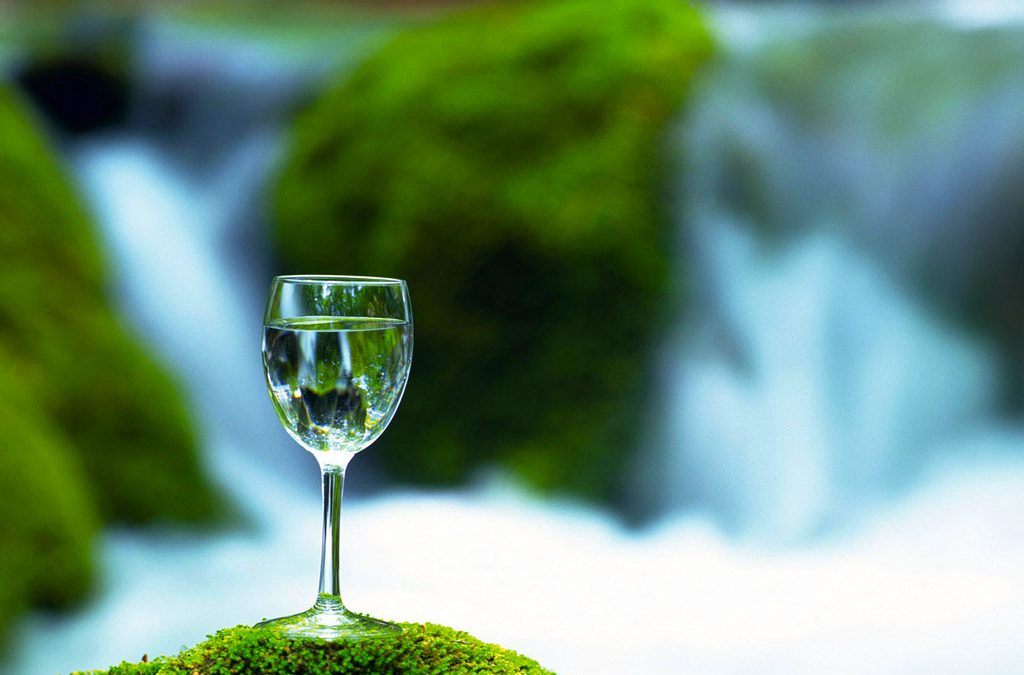
Types of Water in a Hydroponic System
There are many types of water to choose from when sourcing water for your hydroponic system. Some are better than others, and now is the time to determine the differences. The best situation is to have water with no added minerals, with an EC of close to zero milliSiemens, or μs, and a pH of close to neutral, or 7.0. This makes it easy to add everything your plants need to the water, without risking toxicity due to an excess of one or more elements. In most cases, this is not possible, so it’s important to be selective when choosing a water source. With whatever source you choose, it may be a good idea to have the water analyzed to find out exactly what you are giving to your plants. You can also test the water yourself with an EC meter.
Rainwater is the best choice, because it is filtered by nature through the water cycle’s processes of evaporation, condensation, and finally by precipitation. Rainwater is nature’s reverse osmosis water, and plants are naturally watered with it in nature.
Reverse osmosis, or RO, is the next best thing to rainwater. It is a water purification process that removes nearly everything from the water by running it through a specialized membrane. Using RO water allows you, the grower, to start with a blank slate to which you can add exactly what nutrients your plants need, and not worry about having minerals or bacteria that they don’t need. Our article Reverse Osmosis also known as “RO” explains more on reverse osmosis.
If rainwater or RO water is not available, your next best choice is tap water. Water treatment plants typically remove as much as possible from the water using reverse osmosis, and then they add elements such as fluoride, chlorine, and other elements back into it. Fluoride may cause yellow leaves or slowed growth in garden or landscape plants. It can also negatively impact soil microbes, which can be harmful for garden plants but not for plants in hydroponic systems, because hydroponics does not rely on soil microbes. Some treatment plants add compounds to reduce pipe corrosion such as zinc orthophosphate, and ammonia may even be added to reduce the chlorine-like taste of the water. Chlorine is not good for your plants because it stunts growth, but it is easy to get rid of. When using tap water, the simplest way to get rid of the chlorine is to let it sit out in an open container for 24 hours until the chlorine evaporates. Another option is to use a charcoal filter to remove chlorine. These filters can be attached in-line with your hose and are relatively inexpensive to purchase from many hardware stores. Tap water runs through the filter and comes out ready for use in your garden.
Believe it or not, well water tends to be the worst choice when choosing a source for your hydroponic system. Well water has been sitting in the ground, which means that anything in the ground can leach into the water and contaminate it. Many areas of the country have lots of limestone underground, which significantly raises the pH of the well water. You’ll end up spending more in labor and product cost, because you’ll constantly need to lower the pH. Well water also tends to have a high mineral content, which may overload your plants with one or more minerals, causing toxicity. Even worse, well water may be impacted by surrounding land uses such as coal mining and burning, and can become hazardous to you and your plants. It is important to always be aware of the neighboring land uses, and soil types of the surrounding your well, whether you use it for your garden or not!
Remember, the more pure your water is, the better it will be for you and your plants. Rainwater is the best option, and can be collected on your property. If you’ve got the resources, you might want to consider investing in a reverse osmosis system for your garden or greenhouse. The next best option is tap water with the chlorine removed. Finally, well water is the last choice because of everything that may be dissolved in it, but keep in mind you can RO well water. If you every run into problems with your plants, take a step back and find out what is in your water. This may cause many issues with plant health, and can be very simple to fix.

Hydroponic Nutrients

EC vs TDS

Organic Does Not Mean “No Pesticides”

How Plants Uptake Nutrients

What is Aquaponics
Trackbacks and pingbacks
No trackback or pingback available for this article.
Articles
Featured
-
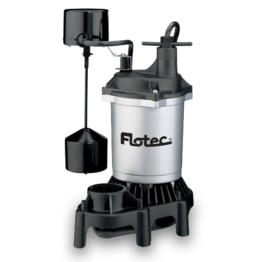 Submersible Thermoplastic Sump Pump 1/2 HPRegular Price $269.00
Submersible Thermoplastic Sump Pump 1/2 HPRegular Price $269.00 -
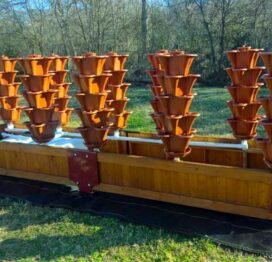 Ten Tower Deck GardenRegular Price $3,499.00
Ten Tower Deck GardenRegular Price $3,499.00 -
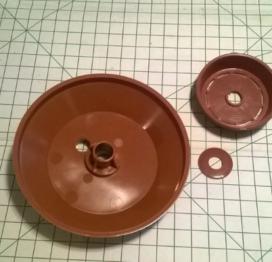 Drain Dish & Diffuser Dish SetRegular Price $16.99
Drain Dish & Diffuser Dish SetRegular Price $16.99 -
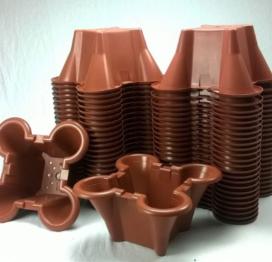 EzGro Quad Pot 50 PackRegular Price $499.90
EzGro Quad Pot 50 PackRegular Price $499.90 -
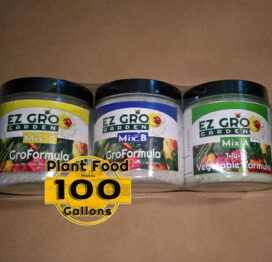 Vegetable Formula single dose SetRegular Price $29.99
Vegetable Formula single dose SetRegular Price $29.99 -
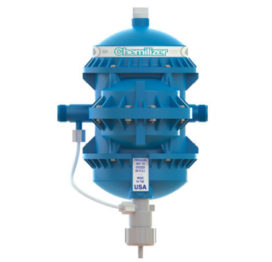 Chemilizer InjectorRegular Price $349.99
Chemilizer InjectorRegular Price $349.99 -
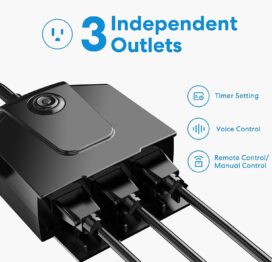 Outdoor 3 Outlet Smart Plug TimerRegular Price $39.99
Outdoor 3 Outlet Smart Plug TimerRegular Price $39.99 -
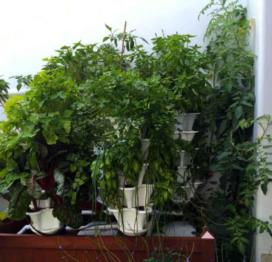 Five Tower Deck GardenRegular Price $2,499.00
Five Tower Deck GardenRegular Price $2,499.00 -
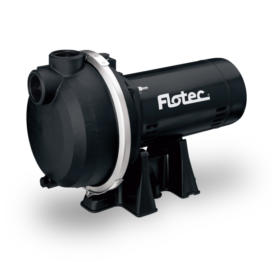 Thermoplastic Irrigation Pump 1 HPRegular Price $469.99
Thermoplastic Irrigation Pump 1 HPRegular Price $469.99 -
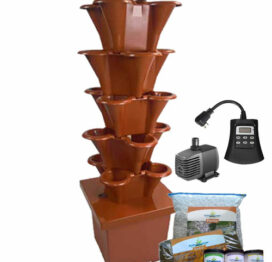 EzGro Patio GardenRegular Price $389.99 – $399.99
EzGro Patio GardenRegular Price $389.99 – $399.99









Leave a reply